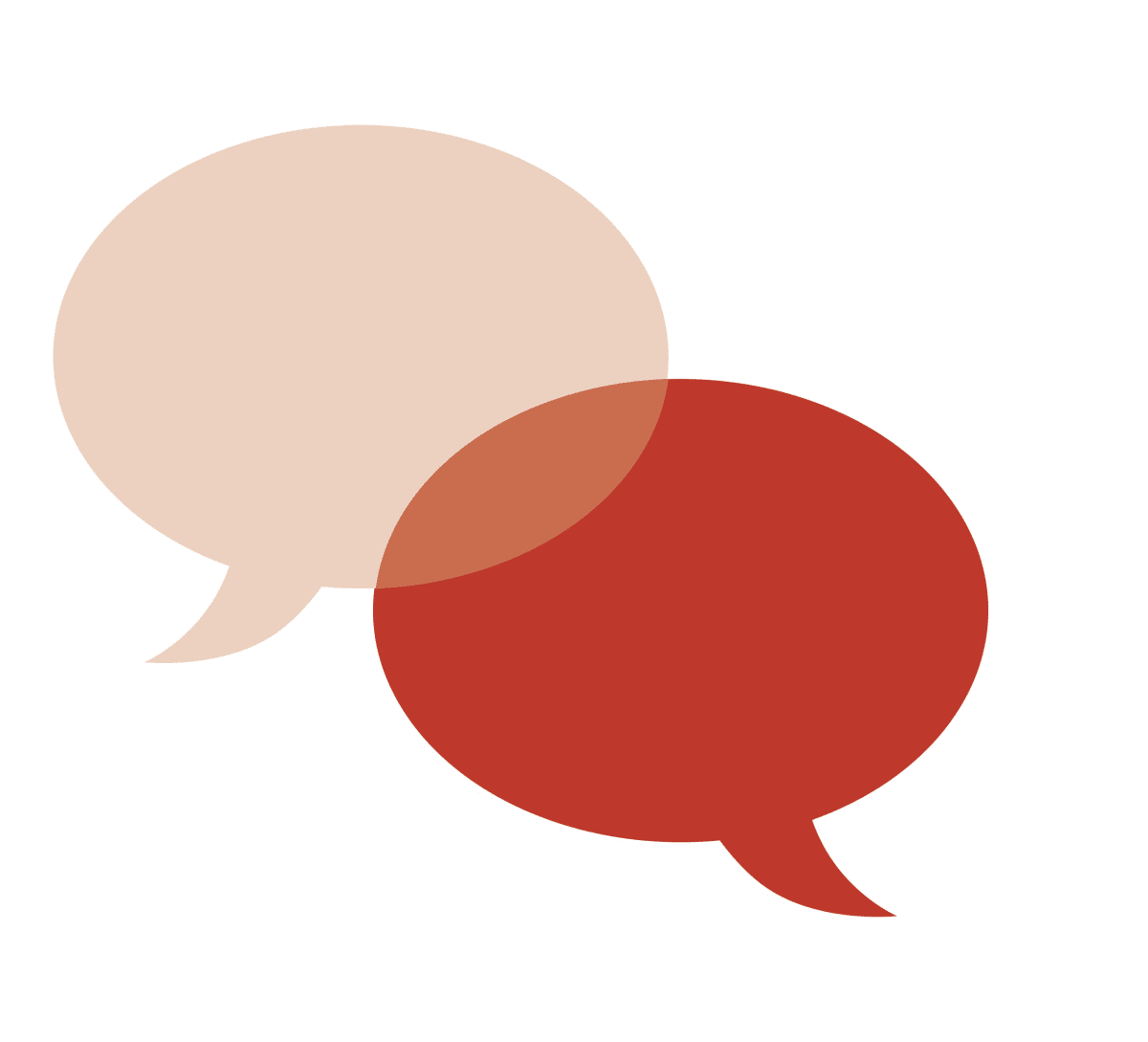There are fears wealthier countries, including New Zealand, are buying up the lion’s share of the promising new Covid-19 vaccine – which is not part of the international Covax programme to ensure vaccines get to the poor countries that need them most.
US pharmaceutical company Pfizer and German biotech company BioNtech announced this month that testing indicated their vaccine is 90 percent effective at protecting people from Covid-19. Pfizer says it can manufacture up to 50 million doses by the end of 2020 and up to 1.3 billion doses in 2021.
New Zealand Prime Minister Jacinda Ardern echoed the World Health Organisation Director-General in August. “Vaccine nationalism only helps the virus,” she said. “Collaboration is our strength and when we find a vaccine, it must be available to everyone.”

But at least 500 million doses of the vaccine have been reserved by high-income countries including the US, UK, Canada, Australia and the European Union, according to global health policy assistant professor Clare Wenham from the London School of Economics, and Mark Eccleston-Turner of Keele University.
Writing in The Guardian, they say this number may rise to more than 1 billion doses through advanced purchase agreements, in which countries pay to reserve doses at an agreed cost, in an attempt to guarantee priority access.
New Zealand is one such country. Science Minister Dr Megan Woods has announced that New Zealand has pre-purchased 1.5 million doses of the Pfizer vaccine – enough to immunise 750,000 Kiwis. Frontline health workers and other people at risk of spreading or contracting the virus, and people with increased morbidity and mortality risks, would be the first to receive the vaccine, she said. It is likely to arrive in New Zealand early in 2021.
But the allocation to New Zealand sits outside a World Health Organisation Covax programme to ensure equitable distribution of vaccines to all countries, rich and poor.
The doses secured by New Zealand, which does not have community transmission of the virus, are doses that will not be available to poorer countries with high rates of infection, where the vaccine would be far more effective in stemming the virus’ spread.
“For our Government, I think it’s a balance of being a good global citizen and also looking after your own citizens as well.”
– Dr James Ussher
The latest WHO figures show French Polynesia has 35,581 Covid infections per million population; Panama in Central America has 31,928 infections per million; Peru in South America has 27,827 cases per million; Armenia in eastern Europe has 35,915 per million and Cabo Verde in Africa has 16,711 per million. These rates may not be as high as Belgium or the USA, but these countries have scant testing and sketchy hospital care.
And because the Pfizer vaccine must be stored and transported at -70C, that creates an additional hurdle in providing it to the countries that need it most, like tropical African and south American nations with poor health infrastructure.
Already, New Zealand scientists are warning this country may not be able to keep its promise to supply the vaccine to the Cook Islands, Niue and Tokelau, because of the lack of ultra-cold storage.
“Even for a country like New Zealand, that’s going to be challenge to deliver,” said Dr James Ussher, an associate professor at the University of Otago and the new science director for the Vaccine Alliance.
“Speaking from an epidemiological point of view, you tend to see higher effectiveness where there’s more disease pressure. It’s important to ensure there is access for all countries, including those who can’t afford it.”
– Dr Helen Petousis-Harris
And although New Zealand and 183 more countries have joined the Covax alliance to help distribute vaccines more equitably around the world, the USA, Russia and Malaysia have notably refused to join.
That means that despite the best-laid plans by the WHO and GAVI, through the Covax programme, there is still no guarantee that there won’t be a rush by wealthy countries to acquire the first vaccine – especially if it becomes available before the inauguration of President-elect Joe Biden on January 20.
Dr Ussher said the vaccine would be most effective in countries with the highest rates of Covid – which do include wealthier countries like the US, UK and some European countries.
“The US and UK have already signed advance purchase agreements with various manufacturers to cover up to 400 percent of their populations, so they’re hedging their bets and they want to make sure they’ve coverage.
“For our Government, I think it’s a balance of being a good global citizen and also looking after your own citizens as well.”
Dr Helen Petousis-Harris is an associate professor in vaccinology at the University of Auckland and the chair of the World Health Organisation’s Global Advisory Committee on Vaccine Safety.
She said a vaccine would be more effective in countries where there were higher levels of transmission. “Speaking from an epidemiological point of view, you tend to see higher effectiveness where there’s more disease pressure.
“It’s important to ensure there is access for all countries, including those who can’t afford it.”
Within New Zealand, as things stand at present, the first priority should be people working at the border and at managed isolation facilities who are more likely to be in infected and spread it, she said.
The next priority should be those who are vulnerable to serious effects if they are infected, such as the elderly and those with health conditions.
But if Covid were to cross the borders and community transmission were to take hold, they would become the first priority for vaccination, Petoussis-Harris said.



